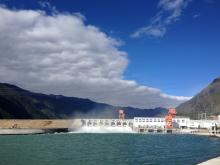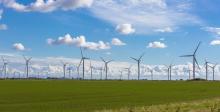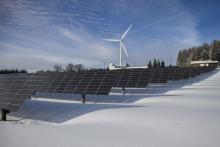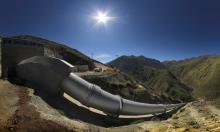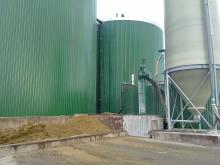Biomass-Bagasse Cogeneration Electricity Purchase Agreement
Standard PPA relating to a bagasse/biomass power generation facility (final draft of October 2013) between the National Transmission and Despatch Company (“Purchaser”) and an independent power producer (IPP) (“Seller”). IPP will design, engineer, construct, insure, commission, operate and maintain a biomass/bagasse power generation facility. Seller wishes to sell and Purchaser wishes to purchase the net electrical energy produced by this facility, on and pursuant to the terms and conditions of the PPA.
